On June 14, 2017, Grand Challenges Explorations grants were announced for 28 researchers from 11 different countries around the world. Each will receive $100,000 to conduct early-stage research projects focusing on one of four global health and development challenges selected for this Round.
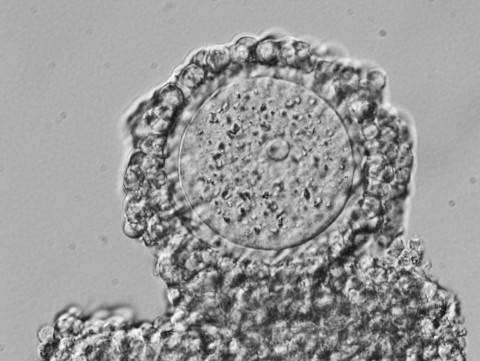
Francisco Diaz of Pennsylvania State University in the U.S. will develop a high-throughput screening method to identify compounds that can block two biological events essential for female fertility without affecting ovulation or hormone production in order to identify new contraceptives with fewer side effects.
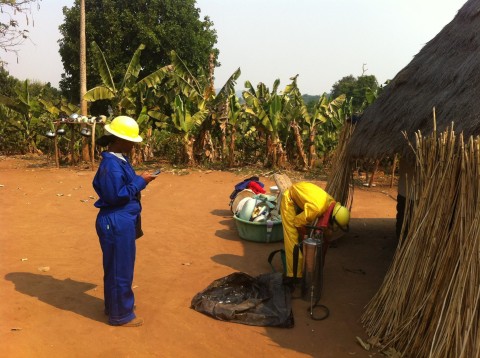
Jonathan Jackson of Dimagi in the U.S. will develop an open platform that combines real-time data on health, climate, and the environment at high resolution, and near real-time satellite data to inform on population density, in order to detect areas containing limited information (cold-spots) on malaria so that control programs can better allocate resources.
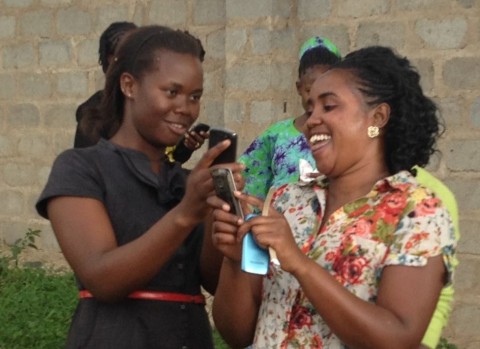
Alison Drake of the University of Washington Foundation, Global WACh in the U.S. will conduct an automated SMS-based survey to gather the opinions of women and adolescents on family planning methods in Kenya in order to characterize contraceptive use, reasons for discontinuation, and experience with side effects over a 6-month period that can help develop more acceptable methods. Current surveys capture only a single impression, whereas experiences can change over time.
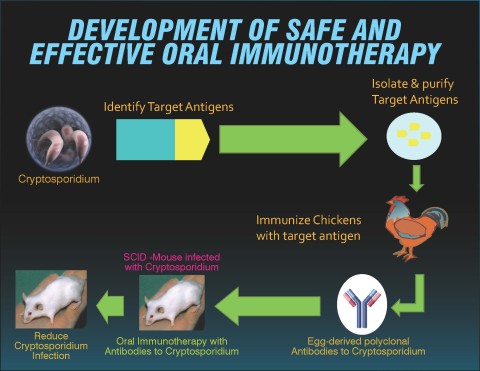
Pradip Maiti of Immunimed Inc. in Canada will provide passive immunotherapy using chicken-egg-derived polyclonal antibodies against key proteins of the intestinal parasite Cryptosporidium.
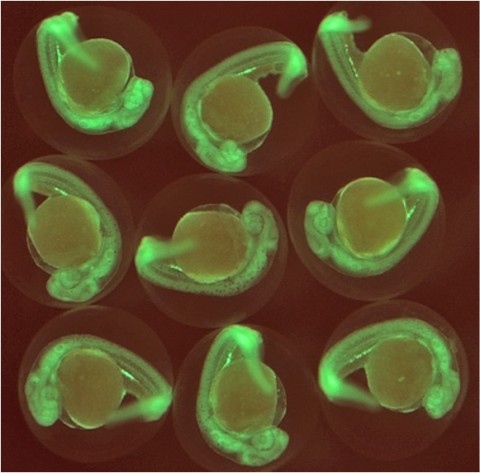
Randall Peterson of the University of Utah in the U.S. will develop a zebrafish model for high-throughput screens to identify compounds that inhibit the formation of gametes, i.e., sperm or eggs, (gametogenesis), which could lead to male and female contraceptives that last for weeks or months after only a single dose.

Mark Westra of the Akvo Foundation in the Netherlands will build a central data integration platform for malaria that assembles existing data from a variety of sources and enables it to be easily visualized, analyzed, and shared by all types of users.
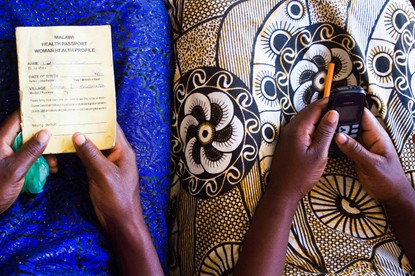
Bvudzai Magadzire of VillageReach in the U.S. will use a mixed methods approach including in person and electronic focus discussion groups with adolescents in Malawi to discover their experiences and opinions of contraceptives to help inform the development of more tailored options.
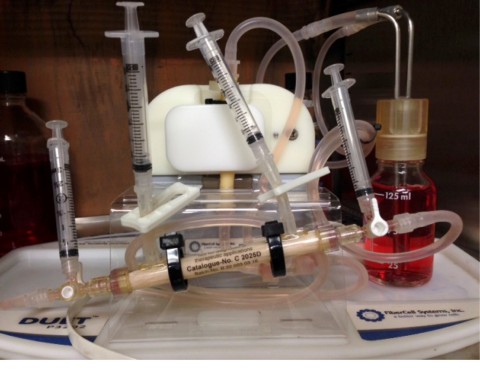
Nigel Yarlett of Pace University in the U.S. will determine whether a virus that infects the intestinal parasite Cryptosporidium is a valuable target for developing drugs against the associated chronic diarrheal disease, which causes substantial morbidity and mortality in young children in low-resource settings.
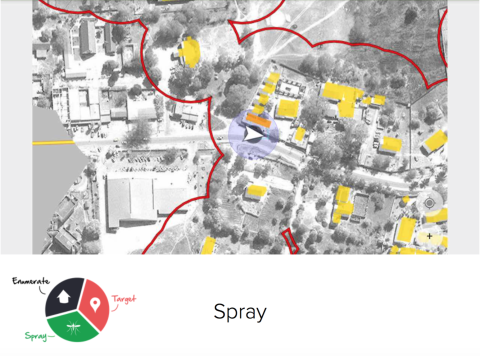
Matt Berg of Ona Systems Inc. in the U.S. will develop a map widget that enables data collected by different platforms on different aspects of malaria, such as disease incidence and intervention efforts, to be accurately mapped and therefore more effectively integrated to help eliminate malaria.